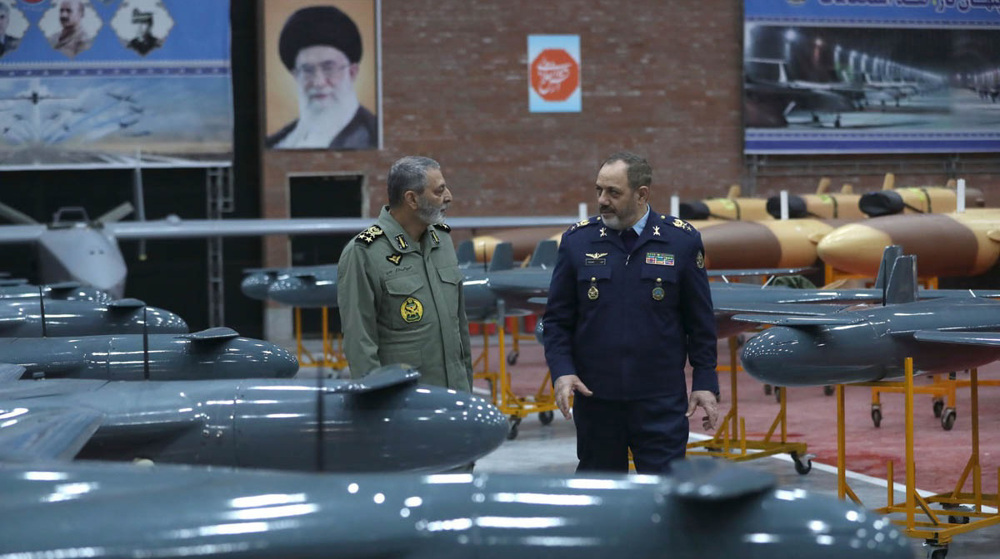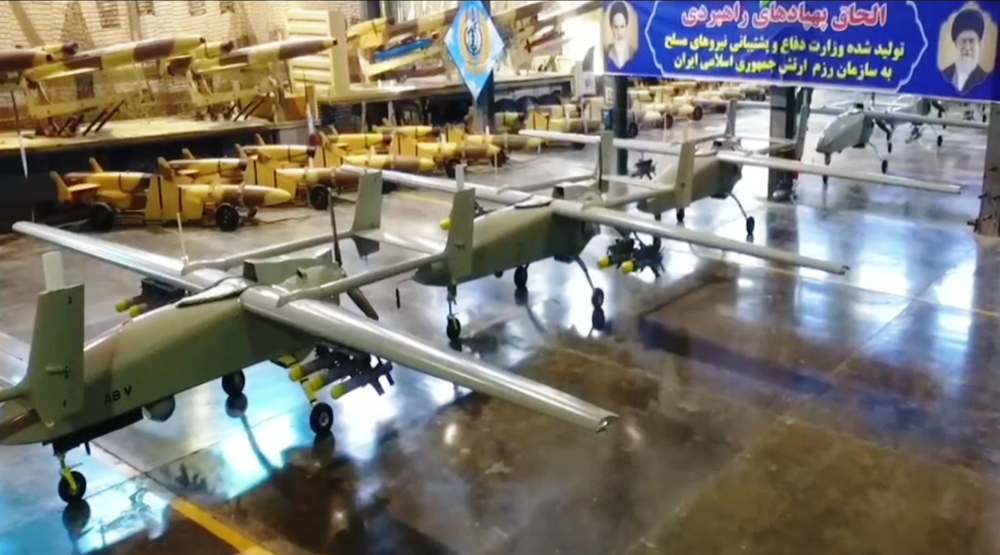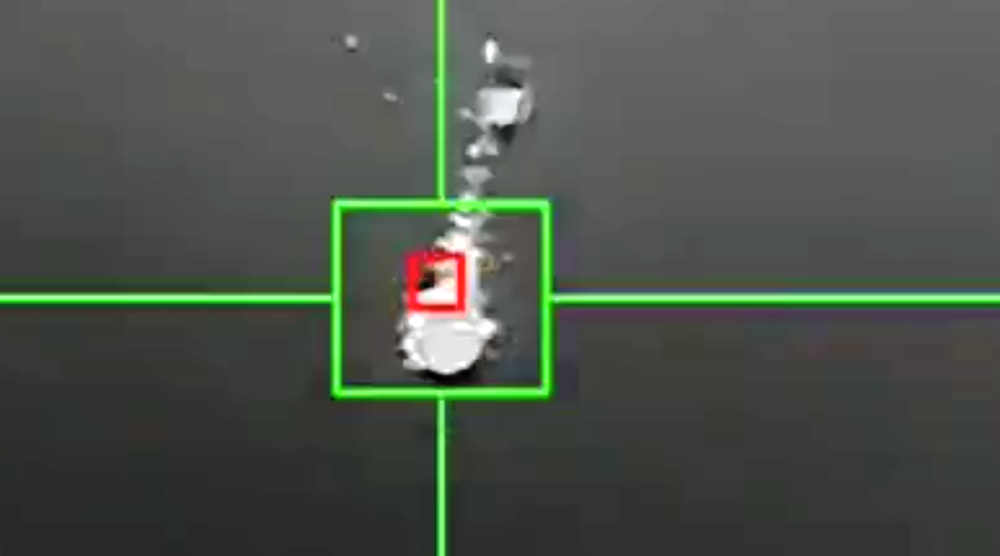Moscow to deliver upgraded S-300 to Tehran soon: Iran defense minister
Iranian Defense Minister Brigadier General Hossein Dehqan says the Islamic Republic is set to receive upgraded batteries of the S-300 missile defense system from Russia, saying the delivery will take place soon.
“All changes [that have been made] by the Russians over these years will be implemented on the S-300 system that is going to be delivered to Iran and we will receive the system soon,” Dehqan said in a briefing with reporters in Tehran on Tuesday.

The Iranian defense minister would not specify the exact time of the delivery, but said that a delegation of Iranian officials are set to travel to the Russian capital, Moscow, next week to sign a contract on the issue.
Vladimir Kozhin, Russian President Vladimir Putin’s aide on military and technical cooperation, said on July 30 that the Russian-built S-300 air defense system is to be modernized before being delivered to Iran, given the fact the original contract was struck a long time ago.
On April 13, Putin signed a presidential decree paving the way for the long-overdue delivery of the missile defense system to Iran.
The decision to deliver the missile system came after Iran and the P5+1 group of countries - the United States, France, Britain, China and Russia plus Germany - reached a mutual understanding on Tehran’s nuclear program in the Swiss city of Lausanne on April 2.
Moscow had banned the delivery of the S-300 system to Tehran in 2010 under the pretext that the agreement it signed with Iran in 2007 was covered by the fourth round of the UN Security Council sanctions against the country over its nuclear program. The resolution bars hi-tech weapons sales to the Islamic Republic.
Talks for Russian jets
Elsewhere in his remarks, Dehqan said Tehran is in talks with Moscow to buy new Russian fighter jets and ruled out reports on Iran’s potential purchase of military aircraft from France.
“In the field of fighter jets, we declared our requirements to the Russians and we have made no request in this field to France,” Dehqan said, adding that it is very “unlikely” for Iran to engage in military cooperation with France in the current situation.
Touching on Iran’s possible missile tests, the defense minister said that the Iranian military has already focused on boosting the accuracy of domestically-manufactured missiles.
Dehqan dismissed accusations that Iran had worked on missiles capable of delivering nuclear warheads. He said Iran’s missile program is solely defensive.
“We have never taken any measures aimed at using a nuclear weapon and no missile has been designed or produced in this regard,” he said, adding, “We have never examined nor implemented the technical details of nuclear warheads for our missiles.”
Striking Israeli from the ‘shadows’: US daily says Hamas is being commanded by a ‘new leader’
Israeli general threatened with arrest for treating Palestinian as ‘human animals’
Iran’s daily gas use hits new high of 874 mcm
Jewish group urges London police to reverse ban on pro-Palestine protest
Missile fired from Yemen triggers sirens in Israeli-occupied territories
Iran’s petchem exports to hit $13bn in year to March: NPC chief
Iran, E3 diplomats meet in Geneva to discuss removal of sanctions
VIDEO | Press TV's News Headlines










 This makes it easy to access the Press TV website
This makes it easy to access the Press TV website